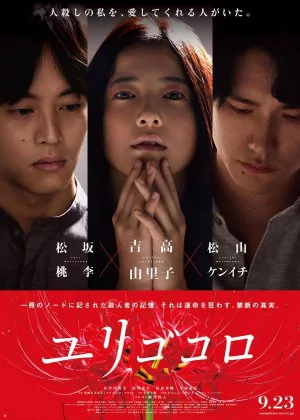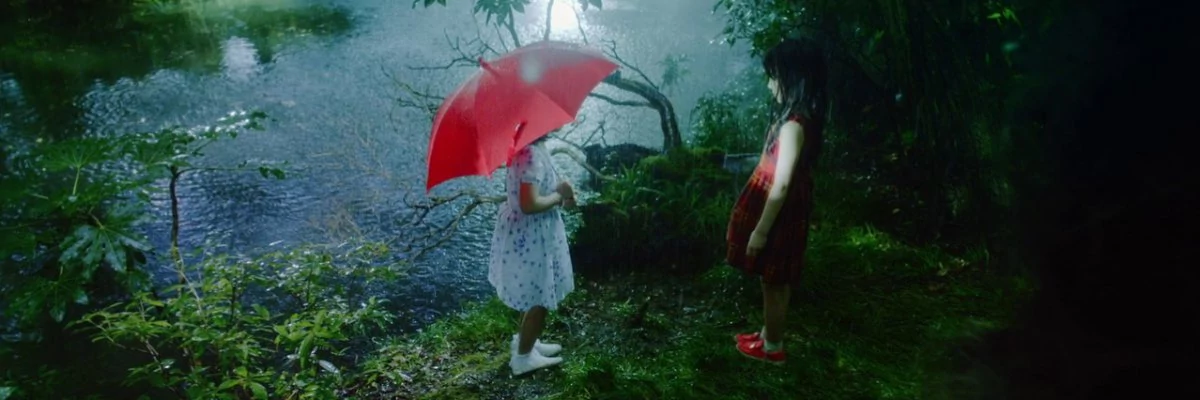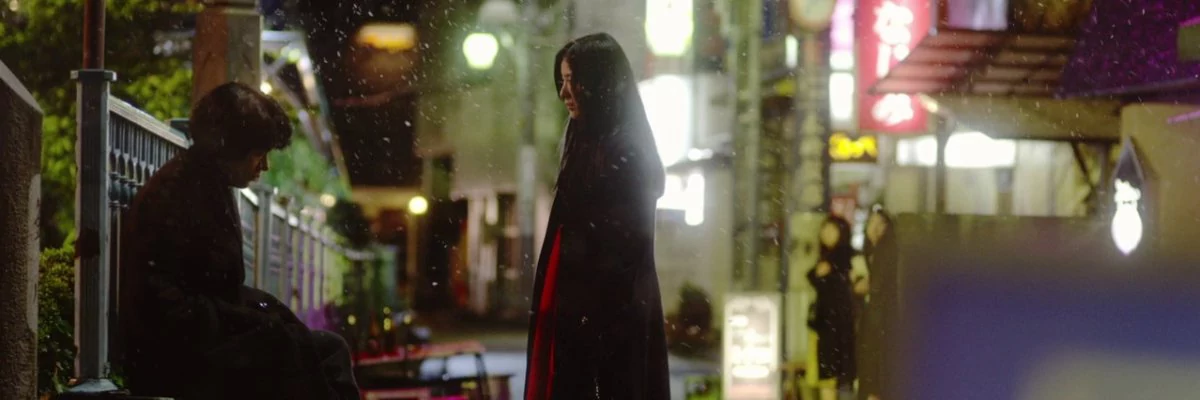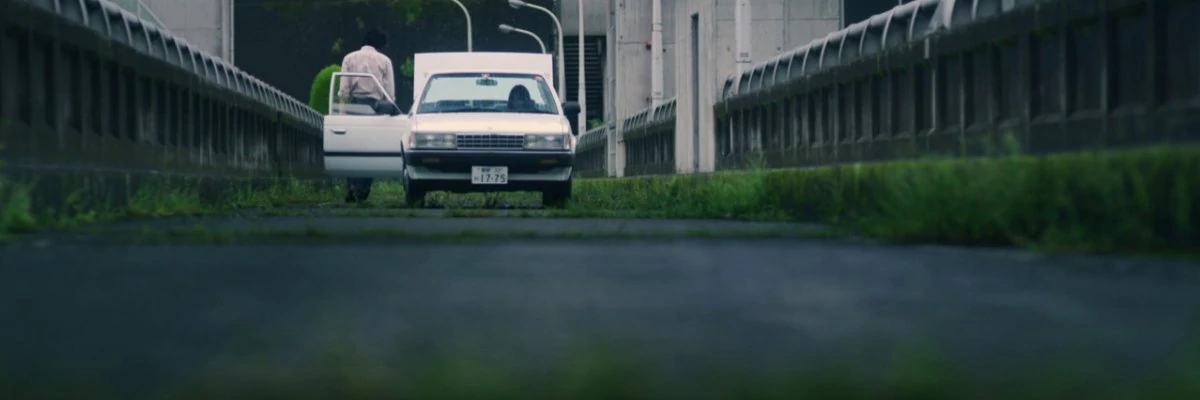Yurigokoro
Movie details

Yurigokoro, one of those Japanese films for which they didn't even bother to translate the title. Apart from a few festival appearances, the film clearly didn't have any international aspirations. It's baffling really, as it really shouldn't be all that difficult to find an appreciative audience for a feature like this. The reason I bumped into it was purely accidental, and I'm glad I took a small leap of faith, but it's simply depressing to see how quality films still fail to find proper international distribution in this day and age. At least, it makes a find like Yurigokoro all the more precious.

Not that Yurigokoro is the easiest sell. It's an adaptation of Mahokaru Numata's novel, and you do get the feeling there might've been a bit too much material to handle in a single film. It also doesn't help that the story ventures off in different directions and cycles through different genres, all the while keeping some twists up its sleeve that turn the whole thing upside down. If you want a simple and coherent film, Yurigokoro probably isn't the safest bet, but it's exactly that precarious balance of genres and narrative twists that makes this such an intriguing film.
I wasn't too familiar with Kumazawa's work (I'd only seen Letters from Kanai Nirai before), looking at his oeuvre though there doesn't appear too much consistency between the films he directed. For Yurigokoro, it seems Kumazawa took a few pointers from Tetsuya Nakashima's later work, mixing darker subjects and gritty undertones with excessively and deliberately stylized visuals. It creates a very interesting tension between the emotional grit and the extravagant visual polish, though no doubt this is a pretty divisive approach that will turn some people away from the film.
The story revolves around Ryosuke, a young man whose life is looking very promising. He is opening his own bar, and he just got married to a lovely girl. When one day he arrives home from work and finds his wife gone, his life takes a turn for the worse. As he tends to his father who is diagnosed with cancer, he finds a rather disturbing notebook in his dad's closet, detailing the life of a girl who suffered from Yurigokoro (a mislabeling of a mental issue). Ryosuke doesn't really know what to make of the story, but he is mysteriously drawn to the notebook and wants to find out more about this peculiar individual.

Kumazawa could've taken the easy way out by relying solely on the plot to do all the heavy lifting (and God knows there's enough material here), but he deliberately chose to layer some stylistic polish on top. The cinematography acts as a counterweight to the narrative and tries to iron out the bigger leaps of faith that the audience is required to take. The often soft and idyllic look of the film contrasts with the often cold-hearted characters and exquisite camera work gives their depraved actions some additional impact. Yurigokoro doesn't just look lush from start to finish, the friction it creates with the subject matter is one of the main perks of the film.
The score is where Kumazawa could've put in some extra effort. Not that it's bad, on the contrary. The music adapts to the different moods of the plot quite well and adds sufficiently to the atmosphere. It's just not as explicit and demanding as the cinematography. A more overt and forceful score could've exploited the tension even further and could've pushed Yurigokoro into true powerhouse cinema territory, whereas now it's really just elevated genre cinema. That's too harsh a critique for a competent score, but as Kumazawa raised the bar himself in other areas I feel he should've gone all the way.
The cast is pretty solid, though there are few true standouts. The most notable performance comes from Kaya Kiyohara, who is great as the enigmatic, troubled young version of Misako. More seasoned actors like Ken'ichi Matsuyama, Tôri Matsuzaka and Tae Kimura do a good job, but stick pretty closely to the needs of their characters. Yuriko Yoshitaka could've done a bit more to set her character apart, but since the plot trumps characterization here, it's hard to really fault the cast, especially since there are no obvious weak links.

The first half of the film lays out the various parts of the mystery. It may appear a bit scattered, and it's fine to feel a little lost, you can trust Kumazawa to tie everything together during the second half of the film. The explanations can be somewhat farfetched and if you demand realism then this probably isn't the film for you, but the reveals push the film to intriguing places and Kumazawa draws quite a bit of drama from them. In the end Yurigokoro is more about the plot and presentation than it is about characterization and realism, personally I don't really mind when the presentation is this polished.
Looking at Yurigokoro, I have no clue why this film failed to make a splash on the international stage. People all over the world tend to love a plot with some twist and turns, add to that the stylish presentation and some very memorable scenes, and you have a potential sleeper hit. It's disappointing to see films like this slip under the radar, especially when there's so much quality on display. Luckily, it's a lot harder for films to get totally buried nowadays. So with all of that said, if you ever get the chance to watch this one, don't let it slip you by.